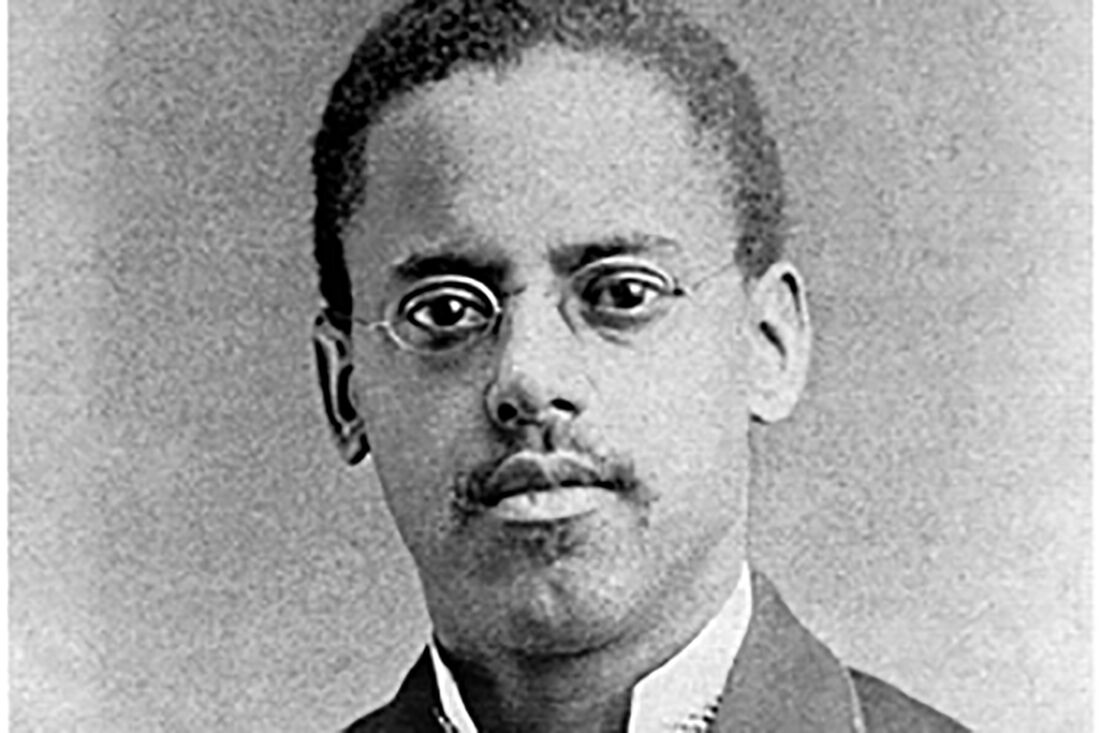The Black GPT: Introducing The AI Model Trained With Diversity And Inclusivity In Mind

Latimer, named after African-American inventor Lewis Latimer, is a new platform trying to make generative AI more inclusive.
Nicknamed the Black GPT, Latimer is a new large language model (LLM) built to reflect the experience, culture, and history of Black and brown people more accurately.
The platform recently announced new partnerships with Historically Black Colleges and Universities (HBCUs) to help bring the inclusive tool to students, agencies, brands, and the general public.
Tackling racial bias and erasure
Many generative AI models amplify the bias, inaccuracy, and erasure of Black and brown cultural data.
A Bloomberg News investigation recently found that the text-to-image generator Stable Diffusion amplified racial bias. Similarly, OpenAI CEO Sam Altman admitted that ChatGPT has “shortcomings around bias.”
Founded and led by entrepreneur John N. Pasmore, Latimer aims to tackle this problem.
The LLM provides users with more accurate details, reflecting the experience, culture, and history of Black and Brown people.
“We are establishing the building blocks of what the future of AI needs to include, and in doing so, we are working to create an equitable and necessary layer of technology that can be utilized by all demographics,” said Pasmore.

Latimer builds on current AI tech like Meta’s Llama 2 model and GPT-4, the LLM that powers ChatGPT.
However, it adds books, oral histories, and local archives from communities that may need to be more represented in the data that models were trained on.
Latimer is trained using several tactics to mitigate the bias that sometimes shows up using these tools and layering in additional training for Black and Brown histories.
The Latimer interface looks familiar to ChatGPT, as it runs on its webpage.
But the goal is to be an educational tool for students and introduce them to prompt generation, Pasmore told Bloomberg.
Latimer Partnerships To Create Equity In AI
Latimer has now developed a partnership with Miles College and several additional HBCUs.
They also partnered with The Yard Tour – an on-campus innovation event series servicing several HBCUs nationwide.
“There is excitement and a willingness to learn and grow with this technology – one that we haven’t seen in decades – and is being shaped by some of the most respected names across various industries, ” said Pasmore.
Latimer has also teamed up with notable American scholar and professor Molefi Kete Asante – a leading figure in African-American studies – to help develop the learning model for the platform.
The company has added support from tech industry insider, journalist, and founder Esther Dyson, who joined as the company’s first investor.
Read: AI ‘Godfather’ Warns Of Better Form Of Intelligence As He Quits Google, But Black Women Said It First
“We can’t fix the world, but we can represent the totality of it more accurately, reducing the biases of cultural distortion and history as told by the victors,” she said.
Due to an immediate need for a more broadly representative level of AI, several HBCUs are signing on to offer it to students immediately.
Latimer has now opened the consumer waitlist for the new platform.
“Our students need to be conversant with AI technology and need to understand not only how to use AI but how to build with it,” said Bobbie Knight, President of Miles College.



